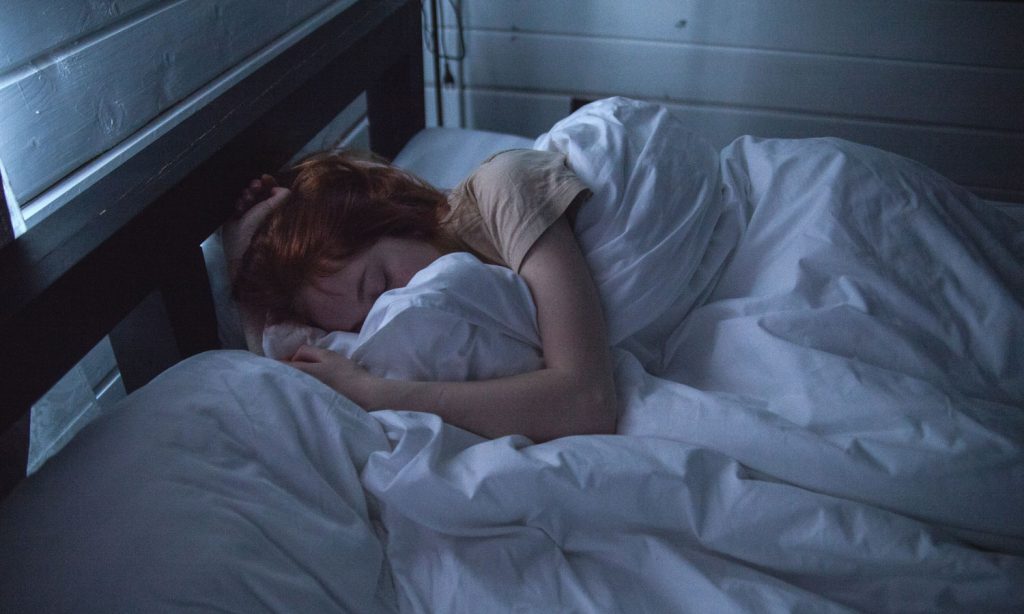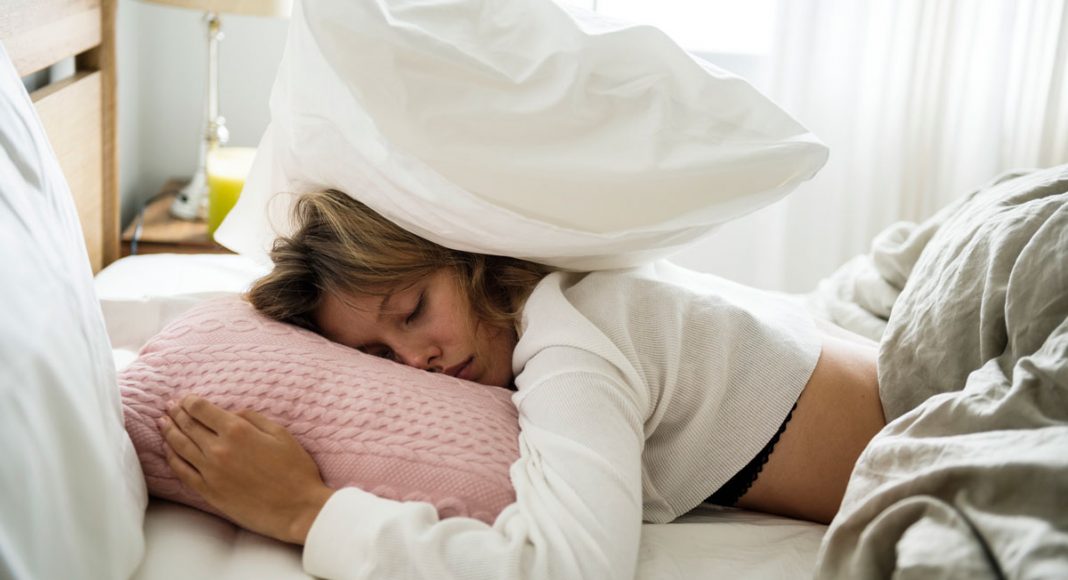There is very little in the universe that is more brutal than a wicked case of insomnia. Marijuana works, but only if used correctly.
A night of no sleep is pretty much the simplest way to ruin your entire day. In the case of insomnia, it can ruin your life.
One night of tossing and turning can be assuaged by lots of coffee and some fresh air. But a series of sleepless nights can quickly lead frustration, exhaustion — mentally and physically — and an entire world that seems to be suspended in animation. No matter how much you beg and plead with the Gods of Slumber, it’s a no go. So, you just binge watch episodes of your favorite television shows until the morning alarm goes off, and slowly turn into a zombie.
Sound familiar? If so, you’re not alone. Not by a long shot.
RELATED: How Using Marijuana Can Effect Your Sleep Patterns
The latest data shows that 1 out 3 people suffer from insomnia. In many cases, it is a mild form, brought to its knees through increased exercise or a sleep aid, while others are more severe.

Some people complain that sleep aids — even medical marijuana — can leave them feeling a bit groggy in the morning. It becomes a situation where they are forced to go with the lesser of two evils: absolutely no sleep, or a little medically induced rest with a head full of fog.
But when it comes to using cannabis for insomnia, medical experts say the trick is going with the right kind of weed. Trying to catch some zzz’s by consuming a sativa before bed is, in a lot of ways, like trying to initiate sleep with a cup of coffee. These cannabis strains are designed to be uplifting and creative, not to knock a person out. For this, it is necessary to use an indica. These variations are more calming and relaxing.
Third Or Fourth Stage?
Dr. Perry Solomon, chief medical officer at HelloMD, says it is the third stage of sleep where the body can “renew and repair itself.” It is this stage that is “the most sensitive to cannabis,” he recently told Mic. “Marijuana seems to make that stage longer, and people get a more restful sleep when [slow-wave sleep] is longer.”
Other medical professionals, like Dr. Kevin Hill, director of McLeans Hospital’s Substance Abuse Consultation Service, Division of Alcohol and Drug Abuse, argue that it is the fourth stage of sleep that is most impacted by marijuana. “The key sleep state is the REM sleep,” said Hill. “That’s the restorative stage for your sleep. Evidence suggests that’s lowered by marijuana.”
Some of the most popular strains for treating insomnia are Indica’s like Harlequin, Afghan Kush and Granddaddy Purple. For those people who do not have much luck with these, hybrid strains like Ogre might be more effective. There is very little research on the effects of cannabis in relation to sleep disorders, so it might take a little self-experimentation to find the right remedy. Discussing this condition with a medical marijuana dispensary staff member is a solid first step.


